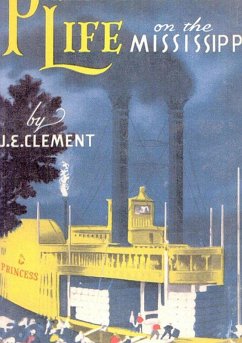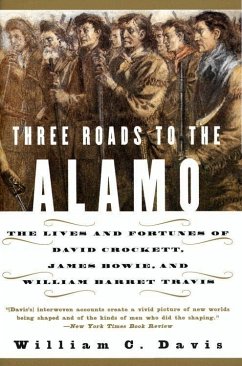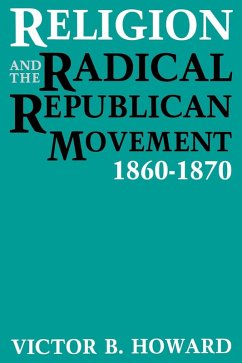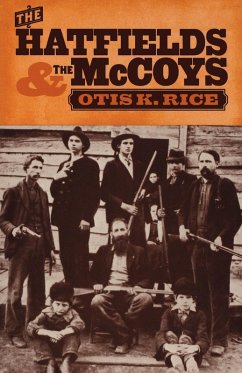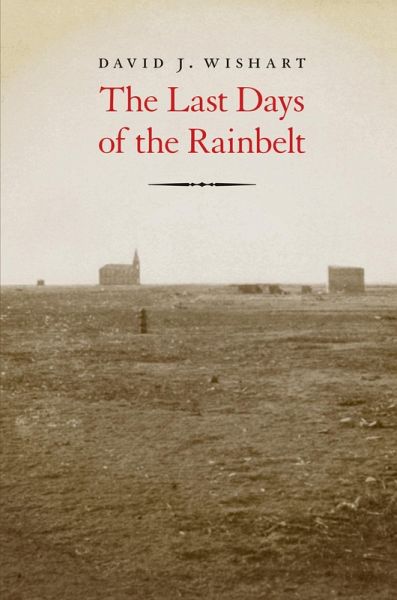
Last Days of the Rainbelt (eBook, ePUB)

PAYBACK Punkte
10 °P sammeln!
Looking over the vast open plains of eastern Colorado, western Kansas, and southwestern Nebraska, where one can travel miles without seeing a town or even a house, it is hard to imagine the crowded landscape of the last decades of the nineteenth century. In those days farmers, speculators, and town builders flooded the region, believing that rain would follow the plow and that the "e;Rainbelt"e; would become their agricultural Eden. It took a mere decade for drought and economic turmoil to drive these dreaming thousands from the land, turning farmland back to rangeland and reducing set...
Looking over the vast open plains of eastern Colorado, western Kansas, and southwestern Nebraska, where one can travel miles without seeing a town or even a house, it is hard to imagine the crowded landscape of the last decades of the nineteenth century. In those days farmers, speculators, and town builders flooded the region, believing that rain would follow the plow and that the "e;Rainbelt"e; would become their agricultural Eden. It took a mere decade for drought and economic turmoil to drive these dreaming thousands from the land, turning farmland back to rangeland and reducing settlements to ghost towns.David J. Wishart's The Last Days of the Rainbelt is the sobering tale of the rapid rise and decline of the settlement of the western Great Plains. History finds its voice in interviews with elderly residents of the region by Civil Works Administration employees in 1933 and 1934. Evidence similarly emerges from land records, climate reports, census records, and diaries, as Wishart deftly tracks the expansion of westward settlement across the central plains and into the Rainbelt. Through an examination of migration patterns, land laws, town-building, and agricultural practices, Wishart re-creates the often-difficult life of settlers in a semiarid region who undertook the daunting task of adapting to a new environment. His book brings this era of American settlement and failure on the western Great Plains fully into the scope of historical memory.
Dieser Download kann aus rechtlichen Gründen nur mit Rechnungsadresse in A, B, BG, CY, CZ, D, DK, EW, E, FIN, F, GR, HR, H, IRL, I, LT, L, LR, M, NL, PL, P, R, S, SLO, SK ausgeliefert werden.





